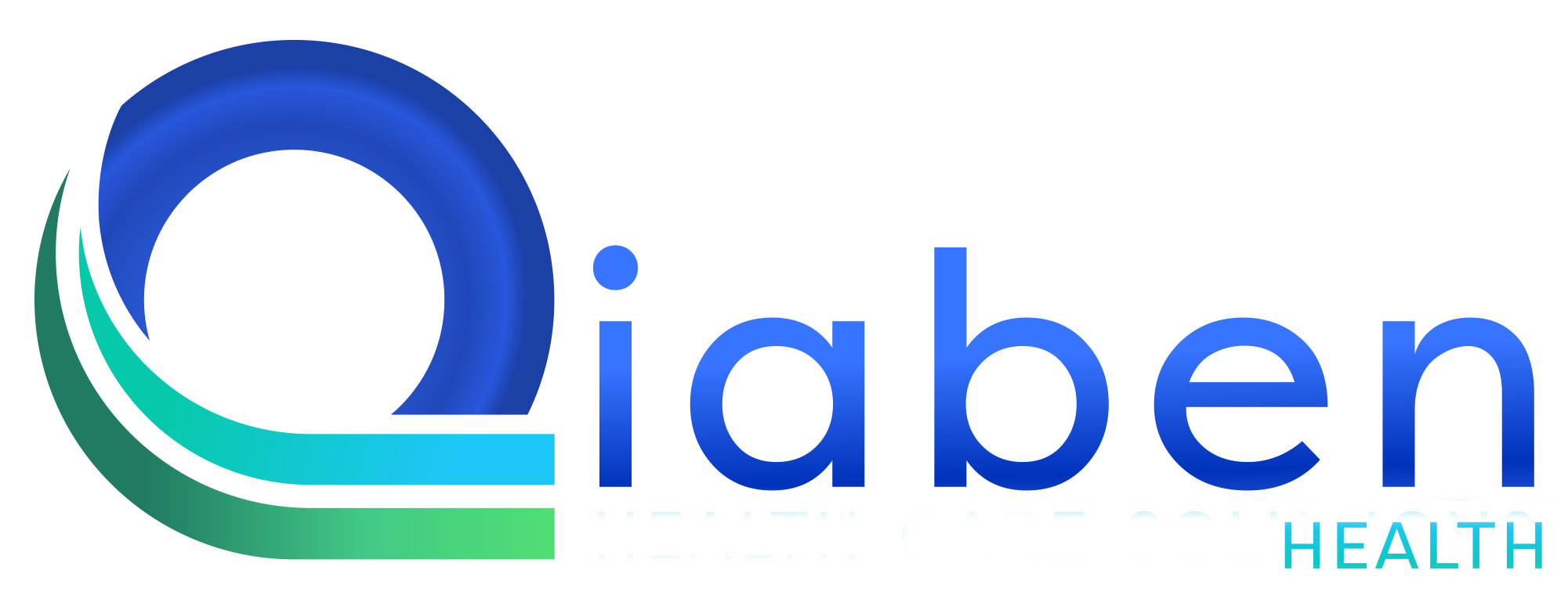Revolutionizing the Healthcare Payment Space: The Contribution of AI-based Applications in Medical and Dental Billing
Whereas technology has become an integral part of human life, there is no sphere of human endeavor that remains untouched by such. With both practices and patients expecting more efficiency and transparency, the adoption of artificial intelligence (AI)-based solutions in practice management and dental billing software is turning out to be a game-changer. This approach does not only reduce the time taken but also improves the level of accuracy and patient satisfaction, a significant transformation in the healthcare finance sector.
The Rise of Artificial Intelligence in the Healthcare Billing Process
AI in billing refers to the use of new developments in intelligent algorithms and machine learning for the automation and optimization of the financial management processes in the healthcare system. With the introduction of AI technologies, many data can enable the different processes of billing practice to be improved with respect to the revenue cycle performance management example, such as claim submissions and billing patients.

Basic Characteristics of Billing Software Using AI Measurements
Faster Times for Settlement of Claims
Claim settlement times are improved by AI-enabled billing systems that optimize the claims process throughput. They assess the validity of claims that have been electronically transmitted without the primary structure of the submission process, i.e., submission flag errors. Such an approach decreases the numbers and therefore frequency of denials and ensures receipts are received faster since there are no repercussions.
Smart Data Input
As a result of this information being entered in a manual way, there may be some obvious inaccuracies, and this method of functioning is time-consuming. An AI system makes use of OCR, which scans and converts written material found in paper documents and inputs this information into databases. This way of performing data entry to the system reduces errors and increases productivity.
Use of Predictive Analytics for Better Decision Making
With the help of AI, predictive analytics helps the healthcare institutions to have a peek in the future by looking at the historical data of that one aspect that deals with billing in the case of a healthcare institution. Billing more intelligently by understanding the payment behaviors of patients and forecasting claim denial will subsequently enhance cash flow.
Brought Towards Patient Engagement
Billing is just one aspect of patient engagement. AI tools such as chatbots can resolve common billing inquiries, appointment reminders, or simply walk patients through the billing flow. This does not only enhance communication but also the entire patient experience, thus allowing the staff to attend to more complicated cases.
Prevention of Fraud
Providing analytics related to healthcare to medical practitioners keeps them busy as they analyze results obtained from AI-assisted tools. AI algorithms are very efficient when it comes to spotting unusual billing trends, which can be an indicator of fraudulent activity. In this way, by gaining fierce momentum, AI can save healthcare providers money and avoid compliance risk by protecting them from fraudulent billing.
Precise reporting and analytics
Providers using billing software that integrates AI have advanced reporting options, allowing them to prepare custom reports. These analytics will, among other things, assist in identifying any inefficiencies and achieving the desired KPIs that will positively impact the organization’s finances.
Integration with EHR platforms without effort
Further, some of the AI billing solutions offer integration with the Electronic Health Records (EHR) systems in such a way that billing information is never misplaced. This support helps in having information shared in real time, thus ensuring that clinical teams and billing departments can seamlessly interact and share data without any inconsistencies being present.
Learning as You Go Along
Developing key structures in artificial intelligence incorporates a desired effect from machine learning when working with bill-grabbing software. It further optimizes the processes, as the more the system bills patients, the better it becomes at bill practice refinement.

Benefits of Using an Integrated Billing Software with AI Technology
Increased Productivity: Putting more mundane tasks under the routine has made it possible for healthcare workers to be in contact with patients, thus improving the organization’s movement.
Improved Precision: Human error is eliminated by the application of AI, leading to better billing and less denial of claims.
Decrease in Cost: It enables the cutting down of costs related to administrative activities by automating billing procedures, hence improving the financial results.
Enhanced Patient Satisfaction: Better correspondence and speedier answers to charging issues increase the satisfaction and drawing in of clients.
Conclusion
AI integrated software, also known as a biller, performs a breakthrough comparison in the medical and dental as well as health billing. If they want to ameliorate their performance in billing, healthcare providers can use intelligent technologies in their billing practices. Benefits range from efficiency to better patients’ interactions; hence, AI can actually be said to be an indispensable part of how the healthcare billing services of the future will look.
Looking into the future, further implementation of AI technology in billing systems seems to be comprehensible, which colored a new image to healthcare policies that nurtures clouds of hope to be health facility-oriented. It is important to note that these advancements are not only beneficial for enhancement of operational processes. But these advancements also support the general financial wellbeing of healthcare facilities, enabling them to take care of their patients with high standards.







